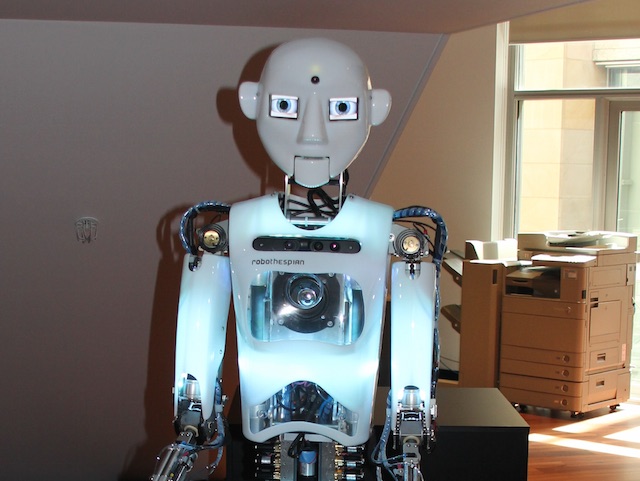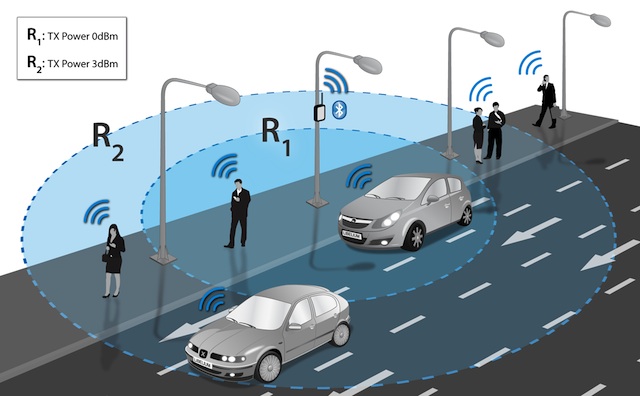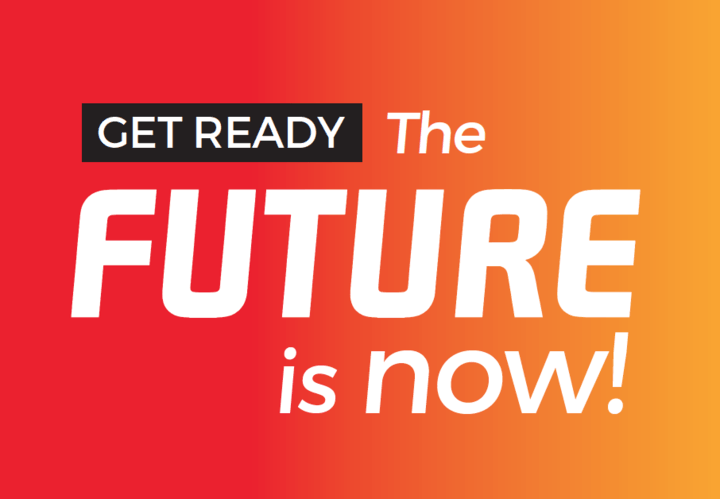What is changing the modern business? In Flying Solo’s upcoming free webinar, The Future is now – Trends in the Modern Workplace, I’ll be exploring some of the technology trends changing the way we work.
A few of these trends are already here, like the mobile workplace but others such as artificial intelligence, the internet of thing and augmented reality are on the five year horizon and we can expect those technologies to have a major impact on the business in the medium term.
One of the industries we’ll be looking at is the automobile industry that’s facing massive changes as electric vehicles, driverless cars and smartcities change the way we use cars and get goods delivered. This sector is looking at both the immediate effects and the longer term effects of the technological change on their industry.
In preparing the presentation it’s striking how similar todays discussions about AI and and AR are with how we talked about the World Wide Web twenty years ago. At the time we didn’t see how companies like Google and Amazon were going to change they way we work and the way our customers buy from us.
Equally ten years ago we didn’t see how the mobile internet or social media was going to change the ways we did business or how our customers would buy. Today they are important factors.
Mobile has changed business
The recent announcement of the iPhone 7 underscores just how the smartphone has become part of lives. No device has been adopted quicker by the marketplace and its effects on business have been profound and continue to be felt.
In the nine years since the iPhone was released, the mobile internet has boomed. Now almost all our customers are looking for our services through mobile devices – be they smartphones or table computers.
One of the things that ‘s worrying however is how few small operators have mobile friendly websites. This year’s Sensis e-business report found sixty percent of small businesses have websites but only forty percent of those were mobile friendly meaning less than a quarter were suitable for smartphones and tablets.
But it’s not just marketing – the mobile internet, smartphones and cloud computing is changing how workplaces operate. It’s becoming easier for employees to work remotely and for companies to be genuinely distributed and we’re seeing more businesses made up of workers scattered around the world, a good example being the company that created WordPress, Automattic, who are showing how a modern workplace can operate.
Automattic’s experience shows how companies can use the mobile and web based tools to manage a modern workforce. For solo businesses, being able to harness outside skills and participate in larger projects, is one of the great opportunities presented by the mobile world.
Everything is connected is connected
Key to business automation is how things are being networked. Increasingly things are being connected to the internet, whether it’s bees, kettles or tractors. If we can put a chip in something and connect it to the net, then we will.
Also, as anyone who deals with the supermarkets knows, large customers increasingly want suppliers to be connected into their data exchange platforms. That integration into supply chains is only going to increase.
This has a number of issues for organisations, first we need the technology to allow us to connect and the systems to efficiently exchange data with our business partners. We also need to know what is being collected by our devices.
Swimming in data
‘Data is the new oil’ is one of the mantras we hear, however that overlooks that dealing with oil is a complex, often dirty and frequently dangerous business.
While having lots of data is an opportunity to get more understanding of our businesses and the markets they operate in, all of this information also has a number of hazards. Not least in securing it and making sure company’s, its employees and its clients’ data is safe.
The big challenge for businesses, big or small, is managing the data that threatens to overwhelm everyone. Being able to get value from the information flowing into the organisation while protecting the underlying data is going to be one of the big issues facing businesses of all sizes.
Automation and robotics
Much of the work in managing all this data will be done by computers – artificial intelligence, machine learning and automation are all going to be standard features in business.
For service providers, increasingly ‘bread and butter’ tasks are going to be taken over by robots that deprive them of business and cash flow. Other businesses however will see this shift as an opportunity to reduce costs and improve productivity.
Accounting service Xero is a good example where founder and CEO Rod Drury sees these technologies as changing the way we work, “Automation and machine learning are improving traditional services by streamlining compliance processes and creating new business opportunities, many of which are either no-touch or limited-touch.”
Increasingly we’re going to see these technologies built into the software programs we use, not just in accounting packages but also in areas like CRM platforms, email and even word processing,
Visualising the data
One of the most exciting technologies of the moment are Augmented Reality (AR), Virtual Reality (VR) and, a combination of the both, Mixed Reality. While games like Pokemon Go! are leading the way it’s actually in industries like logistics, resources and public safety that are leading the applications of these technologies.
For smaller businesses technologies like AR and VR promise to help us visualise the data we have to deal with along with opening up a range of applications ranging from virtual meetings to prototyping. Coupled with technologies like 3D printing, VR and AR may open up a whole range of new industries.
Cultural change
This range of new industries means we’re going to need a whole new set of attitudes and business faces a cultural change as technology changes the workplace. Coupled with major skill shortages in most areas, corporations are going to need to find a new pool of diverse, qualified labour. This is great news for solo businesses.
Like everything there is also a catch, and small businesses are also going to have to embrace that diversity in looking for commercial partners, suppliers and customers. Increasingly, thinking outside the box to find people who can effectively use new technology is going to be important.
The good news is that mobile and cloud services coupled with most of the world becoming connected makes it easier for solo operators to find the skills they need. The real barrier lies in ourselves ditching old prejudices and assumptions
A new business environment
In conclusion, we’re about to enter the next phase of the computer revolution. We’ve been through the PC period, we’re now in the middle of the smartphone era and the artificial intelligence age is about to begin.
The ultimate trend though is that business is going to get faster and solo business proprietors are going to face the same challenges as managers and executives in large corporations as a wave of data floods over us all.
One of the advantages for small businesses is we’re not saddled with legacy systems in the way large organisations and with the tools of the new era being affordable, means solo entrepreneurs can grasp opportunities far quicker than their bigger competitors.
The opportunities are there for us to take, we just have to seize them when when they appear.
Similar posts:




